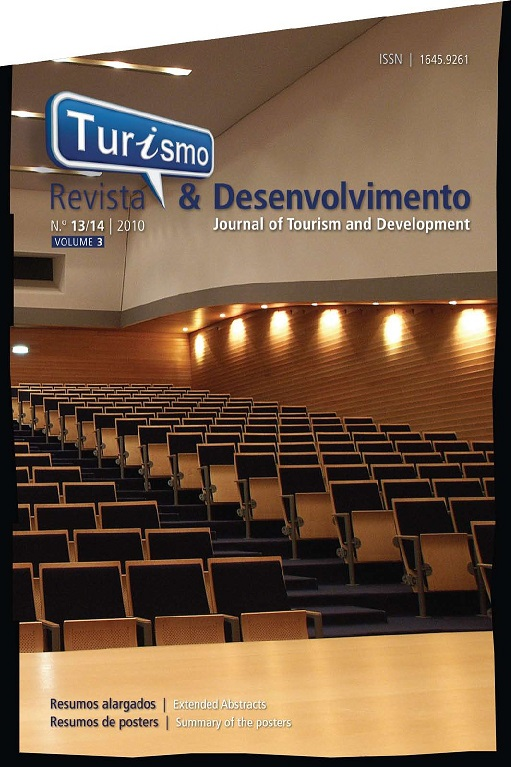The survival strategy of small scale tourism industry in the post terrorist attacks
Resumo
Objectives |
– To understand the survival strategy in the tourism industry in the moment of post terrorist attacks.
– To understand the survival strategy of the small medium enterprise in tourism industry faces the economic turmoil caused by the terrorist attacks.
– To understand the behavior of the small medium enterprise actors in the developing countries.
Methodology | 25 managers from the various industries related to the tourism sector such as restaurants, hotels, resorts, travel agents, will be interviewed to collect data about their survival strategy during the most terrible situations. The insight from the tourism player will be giving a description about their survival strategy in the post terrorist attacks periods. As we know the terrorist attacks give the great impact to the tourism industry as a main economic sector in Bali. How the terrorist attacks influence their business and how they respond to this conditions. Their strategy to survive in the desperate periods will be investigated in this research. The questions focus on the survival strategy implemented by tourism industry in the post terrorist attack periods. How they overcome the troubles caused by terrorist attack? How do they adapt to the new conditions? And how do they survive in this worst era? Qualitative analysis methods will be implemented in this research.
Main results and contributions | In turmoil periods like the post terrorist attacks, the families’ bond and the informal sectors could be the savior economic sectors. The tourism industry is a vulnerable economic sector, very susceptible to the agitation of dynamic of external factors. Depended to the family bond could be the main survival strategy for the small and medium enterprises of Bali tourism industry. This research could give an insight that the families bond and informal sector that are usually neglected in the strategic management discourses could be the main way to survive in bad conditions like during the post terrorist attacks periods.
Limitations | This research was conducted in Bali, where there is strong family bond based on the traditional cultures. Maybe in other settings that have weak family bond or in a more individualistic society, this research conclusion is not appropriate.
Conclusions |
– The family bonding is the main preserve for the small and medium enterprise actors in tourism industry facing the bad conditions caused by terrorist attacks. At the first moment they depend on family ties to survive in the turmoil periods. After several time they try to find the alternative jobs. Sometimes the kinds of jobs are not related to the tourism sector.
– The tourist drop compels the tourism industry to reduce its activities. Some of them could sustain the vicious time and still running in the tourism industry. Others have to change their occupation to survive.





